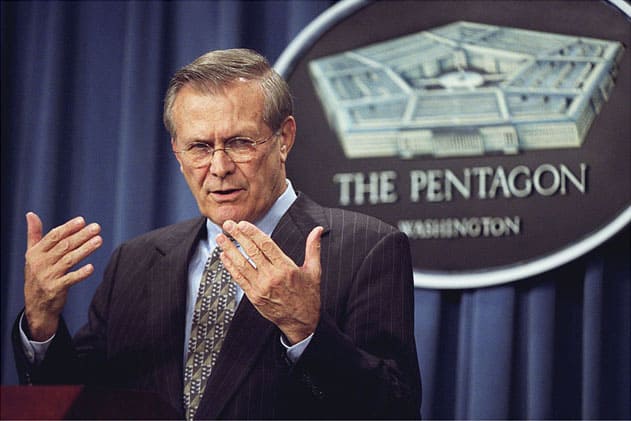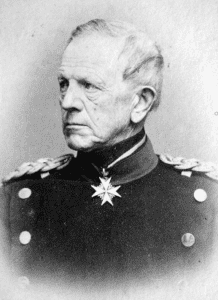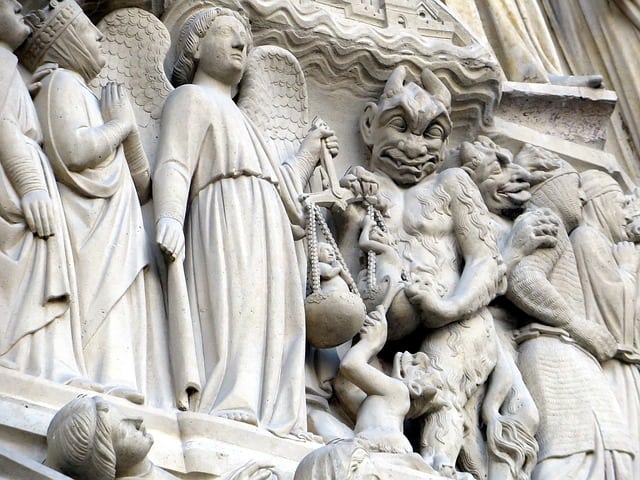
An old lady walked into the bank, handed her bank card to the teller and said “I would like to withdraw £10”.
The teller told her “For withdrawals less than £100, please use the ATM”.
The old lady wanted to know why… The teller returned her bank card and irritably told her “These are the rules, please leave if there is no further matter. There is a line of customers behind you.”
The old lady remained silent for a few seconds and handed her card back to the teller and said “Please help me withdraw all the money I have”. The teller was astonished when she checked the account balance. She nodded her head, leaned down and respectfully told her “You have £1,300,000 in your account but the bank doesn’t have that much cash currently. Could you make an appointment and come back again tomorrow?”
The old lady then asked how much she could withdraw immediately. The teller told her any amount up to £3000. “Well please let me have £3000 now.” The teller kindly handed £3000 to her with a polite smile.
The old lady put £10 in her purse and asked the teller to deposit £2,990 back into her account.
Project Managers should never underestimate how users of the services we implement are wedded to familiar ways and see change as an inconvenience to be circumvented rather than an improvement. A poorly sited path which gets ignored in favour of walking a more direct across a grass lawn would be another simple example. Trialling a service or process with real users prior to implementation, the use of prototypes and encouraging opportunities for fast feedback (all part of an Agile mindset) will prevent many of these ‘own goals’.



